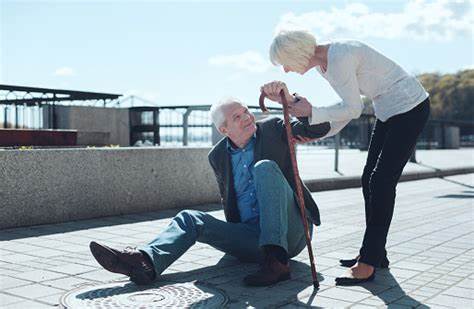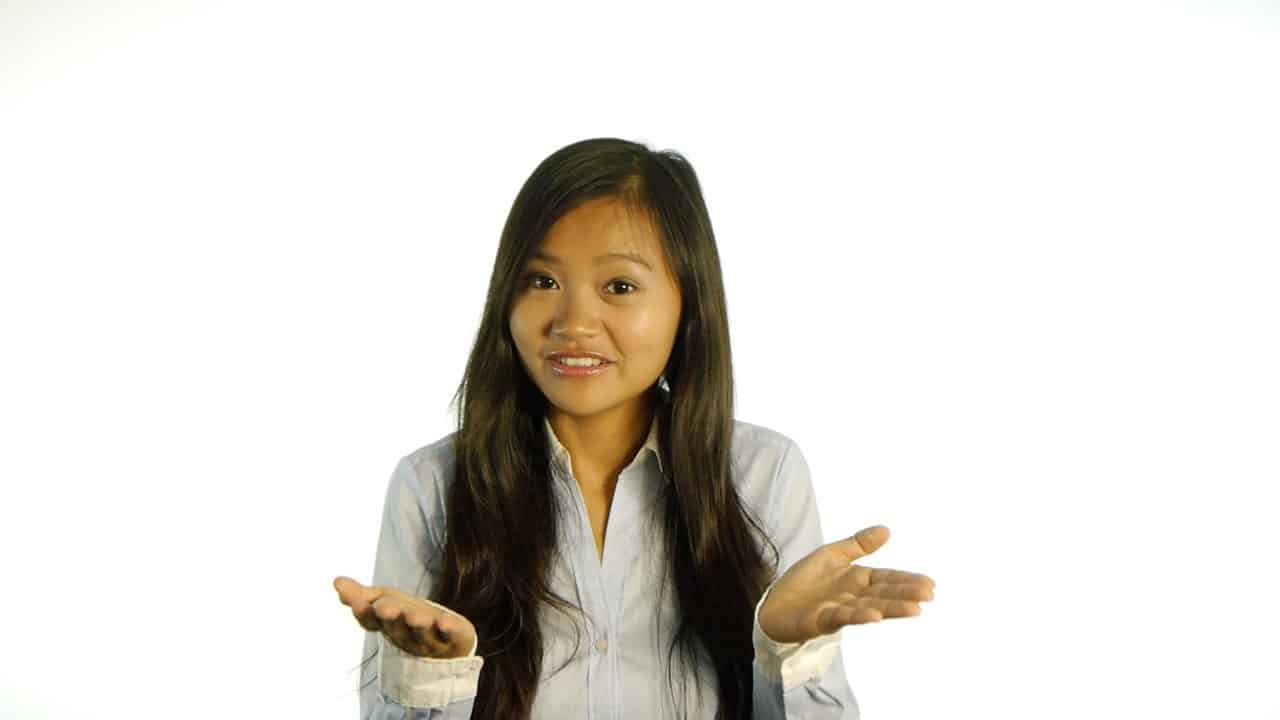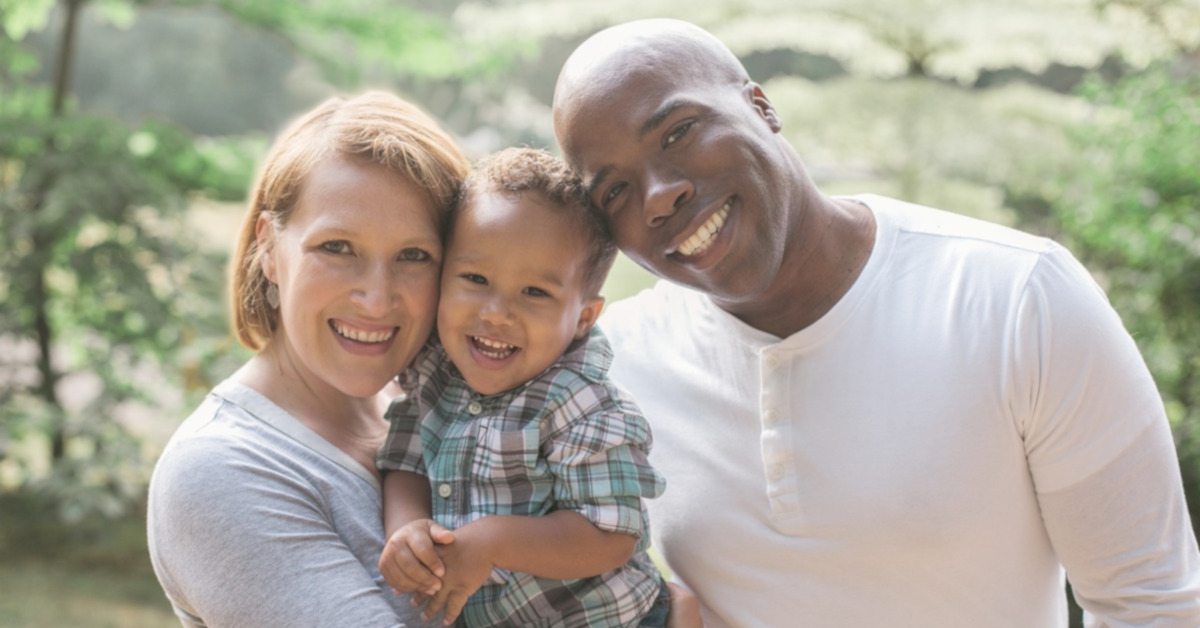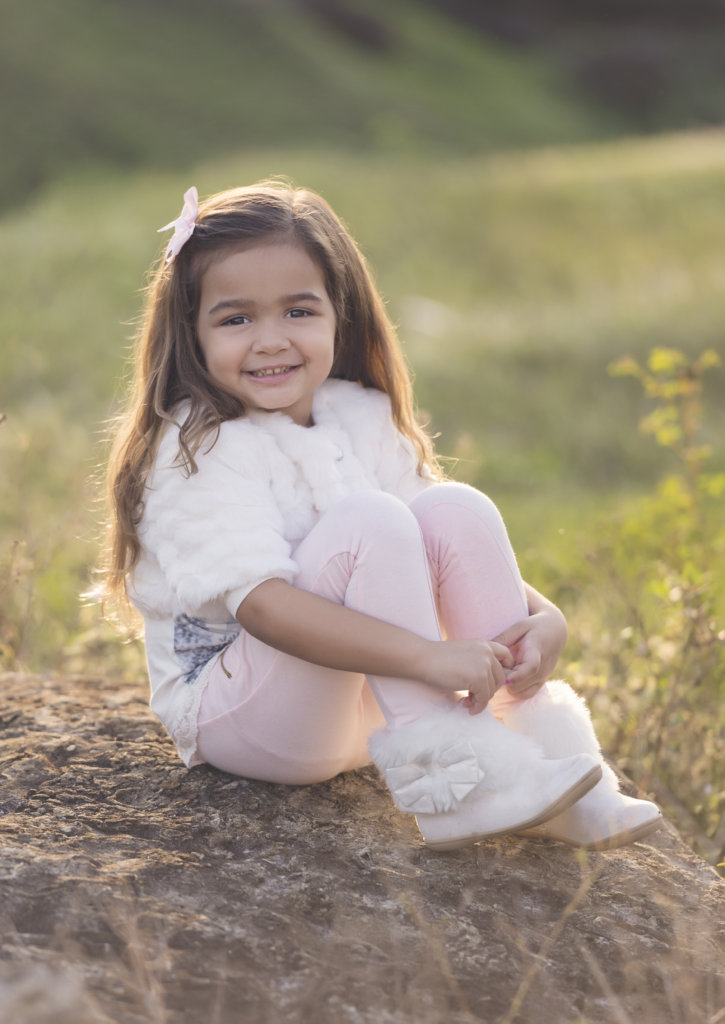Nǐ hǎo!
A:你 好!
A:Hello!
Nǐ hǎo!
B:你 好!
B:Hello!
New Words
1. 你 nǐ pronoun. (singular) you
2. 好 hǎo adjective. good, fine

Nǐ hǎo!
A:你 好!
A:Hello!
Nǐ hǎo!
B:你 好!
B:Hello!
New Words
1. 你 nǐ pronoun. (singular) you
2. 好 hǎo adjective. good, fine

Nín hǎo!
A:您 好!
A:Hello!
Nǐmen hǎo!
B:你 们 好!
B:Hello!
New Words
1. 您 nín pronoun. (polite) you
2. 你们 nǐmen (plural) you

Duìbuqǐ!
A:对 不 起!
A:I'm sorry!
Méi guānxi!
B:没 关 系!
B:That's OK!
New Words
1. 对不起 duìbuqǐ verb. to be sorry
2. 没关系 méi guānxi that's OK

Xìexie!
A:谢 谢!
A:Thank you!
Bú xìe!
B:不 谢!
B:Sure!
New Words
1. 谢谢 Xìexie verb. to thank
2. 不 bù no, not

Xìexie nǐ!
A:谢 谢 你!
A:Thank you!
Bú kèqi!
B:不 客 气!
B:You're welcome!
New Word
1. 不客气 bú kèqi you're welcome, don't mention it

Zàijiàn!
A:再 见!
A:Goodbye!
zàijiàn!
B:再 见!
B:Bye!
New Word
1. 再见 zàijiàn verb. to see you around, to see you another time

Nǐ jiào shénme míngzi?
A:你 叫 什么 名字?
A:What's your name?
Wǒ jiào Lǐ Yuè.
B:我 叫 李月.
B:My name is Li Yue.
New Words
1. 叫 jiào verb. to call, to be called
2. 什么 shénme pronoun. what
3. 名字 míngzi noun. name
4. 我 wǒ pronoun. I, me

Nǐ shì lǎoshī ma?
A:你 是 老师 吗?
A:Are you a teacher?
Wǒ bú shì lǎoshī,
B:我 不 是 老师,
B:No, I'm not.
wǒ shì xuésheng.
我 是 学生.
I'm a student.
New Words
1. 是 shì verb. to be
2. 老师 lǎoshī noun. teacher
3. 吗 ma part. at the end of a question
4. 学生 xuésheng noun. student

Nǐ shì Zhōngguó rén ma?
A:你 是 中国 人 吗?
A:Are you Chinese?
Wǒ bú shì Zhōngguó rén,
B:我 不 是 中国 人,
B:No, I'm not.
wǒ shì Měiguó rén.
我 是 美国 人.
I'm American.
New Word
1. 人 rén noun. human, person
proper nouns
2. 中国 Zhōngguó China
3. 美国 Měiguó USA

Tā shì shéi?
A:她 是 谁?
A:Who is she?
Tā shì wǒ de Hànyǔ lǎoshī,
B:她 是 我 的 汉语 老师,
B:She is my Chinese teacher,
Tā jiào Lǐ Yuè.
她 叫 李 月.
Her name is Li Yue.
New Words
1. 她 tā pronoun. she, her
2. 谁 shéi who, whom
3. 的 de part. used after an attribute
4. 汉语 Hànyǔ noun. Chinese (language)

Nǐ shì nǎ guó rén?
A:你 是 哪 国 人?
A:Which country are you from?
Wǒ shì měiguó rén,nǐ ne?
B:我 是 美 国 人, 你 呢?
B:The United States. And you?
Wǒ shì zhōngguó rén.
A:我 是 中 国 人.
A:I'm Chinese.
New Words
1. 哪 nǎ pronoun. which
2. 国 guó noun. country, nation
3. 呢 ne used at the end of a question

Tā shì shéi?
A:他 是 谁?
A:Who is he?
Tā shì wǒ tóngxué
B:他 是 我 同 学.
B:He's my classmate.
Tā ne,tā shì nǐ tóngxué ma?
A:她 呢, 她 是 你 同 学 吗?
A:Is she also your classmate?
Tā bú shì wǒ tóngxué,
B:她 不 是 我 同学,
B:No, she isn't.
tā shì wǒ péngyou.
她 是 我 朋 友.
She's my friend.
New Words
1. 他 tā pronoun. he, him
2. 同学 tóngxué noun. classmate
3. 朋友 péngyou noun. friend

Nǐ jiā yǒu jǐ kǒu rén ?
A:你 家 有 几 口 人?
A:How many are you in your family?
Wǒ jiā yǒu sān kǒu rén
B:我 家 有 三 口 人.
B:There are three.
New Words
1. 家 jiā noun. family
2. 有 yǒu verb. to have, there be
3. 口 kǒu measure. a measure word for members of families, etc

Nǐ nǚ'ér jǐ suì le?
A:你 女 儿 几 岁 了?
A:How old is your daughter?
Tā jīnnián sì suì le
B:她 今 年 四 岁 了.
B:She is four years old.
New Words
1. 女儿 nǚ'ér noun. daughter
2. 几 jǐ pronoun. how many
3. 岁 suì measure. year (of age)
4. 了 le part. used at the end of or in the middle of a sentence to indicate a change or a new circumstance
5. 今年 jīnnián noun. this year

Lǐ lǎoshī duō dà le?
A:李 老师 多 大 了?
A:How old is Professor Li?
Tā jīnnián wǔshí suì le
B:她 今 年 50 岁 了.
B:She is 50 years old.
Tā nǚ'ér ne?
A:她 女儿 呢?
A:What about her daughter?
Tā nǚ'ér jīnnián èrshí suì
B:她 女儿 今 年 20 岁.
B:Her daughter is 20.
New Words
1. 多 duō adverb. indicating degree or extent
2. 大 dà adjective. (of age) old